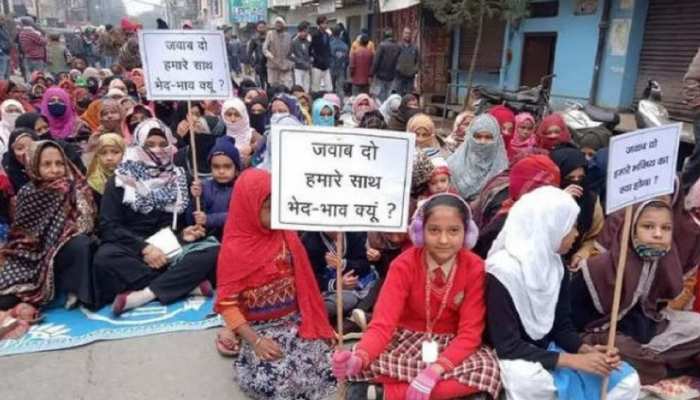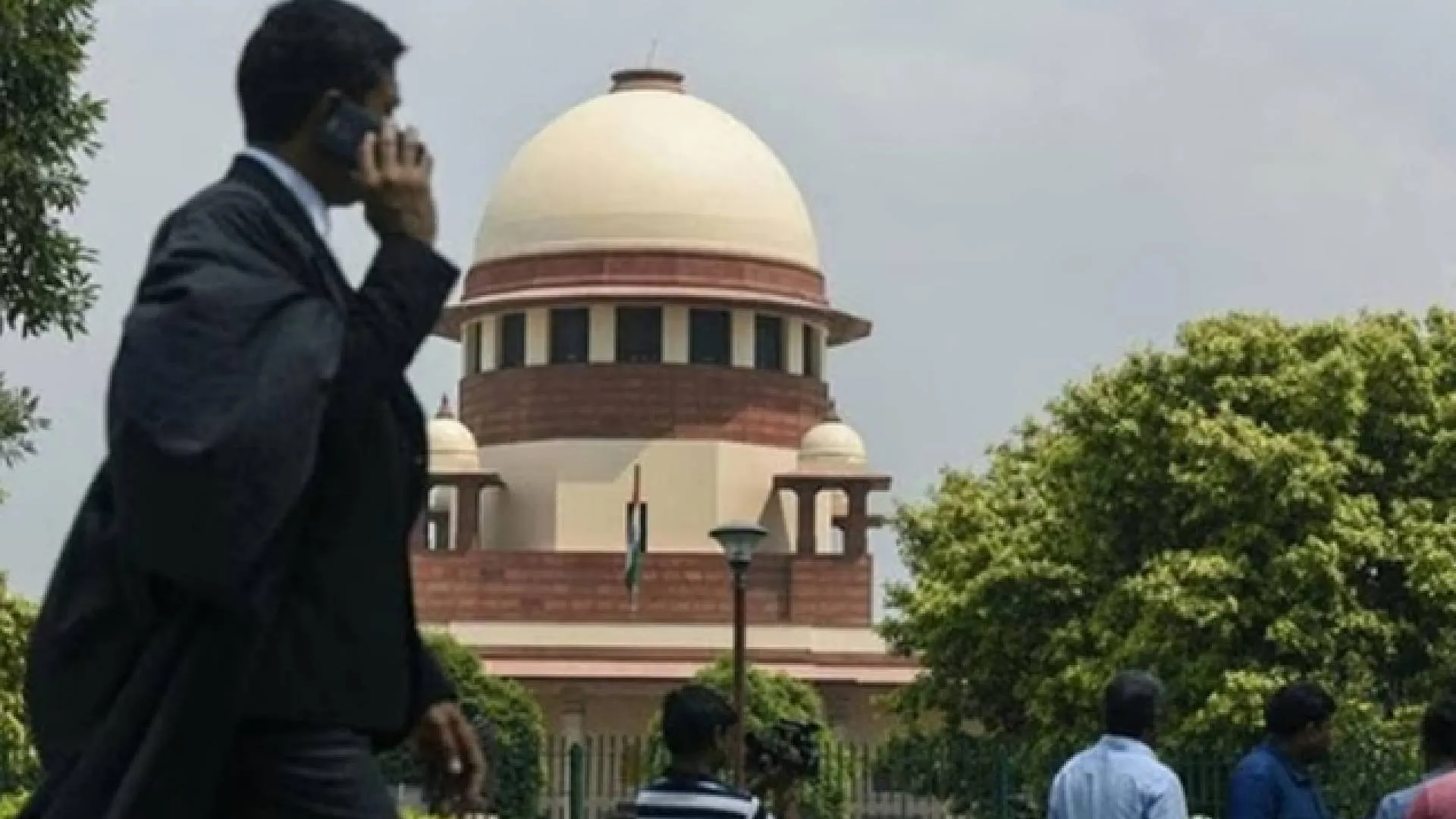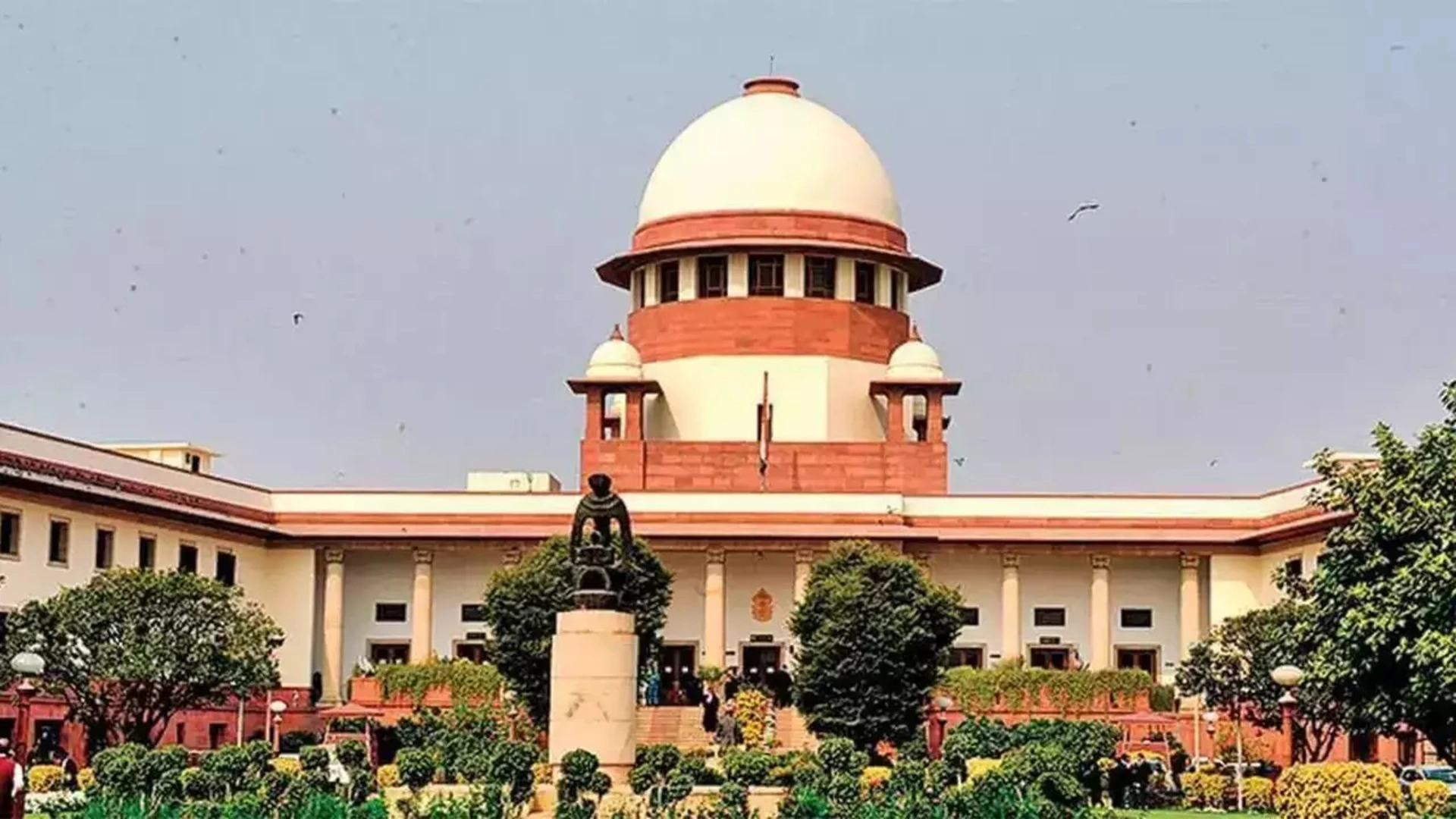The Supreme Court on Thursday stayed the Uttarakhand High Court’s order to evict people from railway lands in Haldwani. Over 4000 families received eviction notices as a result of High Court’s eviction order, despite their claims that they have lived there for years thanks to legal papers that have been recognised by the government.
‘50,000 people can’t be uprooted in 7 days’
During hearing, the Supreme Court said that “there cannot be uprooting of 50,000 people in 7 days,” objecting to the High Court’s order to evict the residents within seven days.
‘People are living there for fifty years’
The bench was particularly worried with the fact that many of the occupants have been living there for years while asserting rights based on leases and auction purchases.
“There are two aspects of the issue. One, they claim leases. Two, they say people migrated after 1947 and the lands were auctioned. People stayed there for so many years. Some rehabilitation has to be given. There are establishments there. How can you say in seven days clear them off?”, Justice SK Kaul asked.
“People say they have been there for fifty years”, Justice Oka noticed.
‘Human angle to it’
“What is troubling us that how do you deal with the scenario of people who have purchased the land in auction. You may acquire the land and utilise. Other is people have lived there for 50-60 years, some rehabilitation scheme has to be done, even assuming it is railway land”, Justice Kaul said.”There is a human angle to it”, the judge added.
Justice Oka observed that the High Court has passed the order without hearing the affected parties. “Find out some solution. It is a human issue”, the judge said.
‘Arrangement is necessary‘
A workable arrangement is necessary to segregate people who may have rights/no rights coupled with schemes of rehabilitation which already exists while recognising the need of the railways.
The State and the Railways were asked to come up with a “practical solution” as the Court extended the matter to February 7, 2023.























